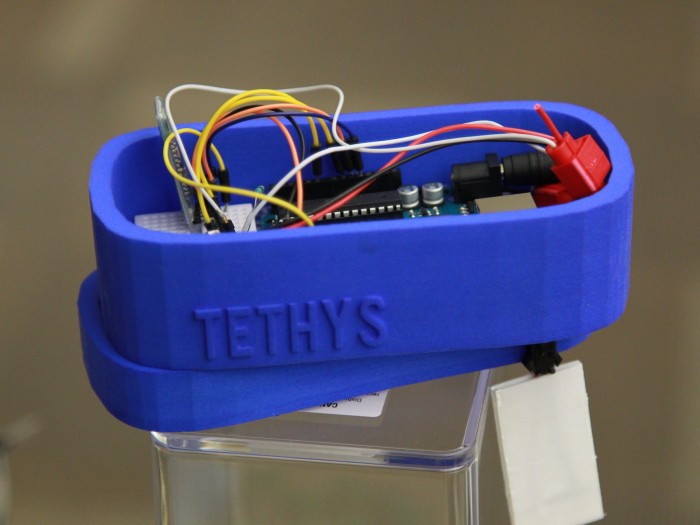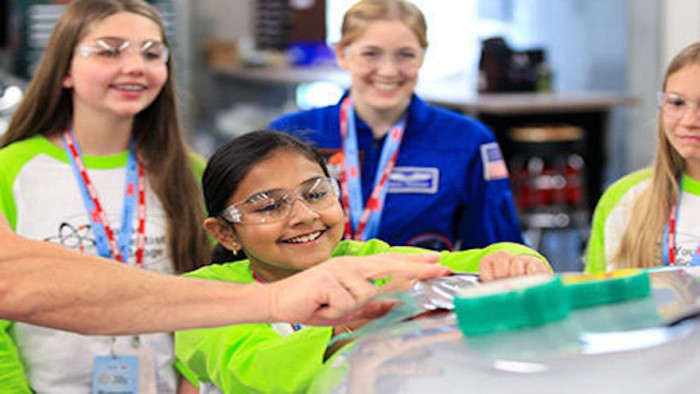It was after 11-year-old Gitanjali Rao heard about the Flint water crisis on the news that she decided that she wanted to do something to help.
In 2014, in Flint, a town in Michigan in the US gained media spotlight when nearly 100 000 residents were exposed to high levels of lead in their drinking water due to insufficient treatment. Residents were advised to use only bottled or filtered water for drinking, cleaning, bathing as well as cooking due to the fact that lead is harmful to humans even in low concentrations.
Gitanjali developed Tethys.
Named after the Greek Titan goddess of fresh water, Tethys uses carbon nanotubes, microscopic cylindrical structures that have a range of unusual properties and innovative applications.
According to CNN, she was inspired by an MIT project that employs them to detect hazardous gases in the air, saying: "My solution uses carbon nanotubes to detect lead in water faster than any other current techniques. It has a carbon nanotube sensor, to which special atoms are added that react to lead."
At the end of last year she was selected as the finalist for the Discovery Education 3M Young Scientist Challenge where she walked away with top honours and $25 000 cash prize.








